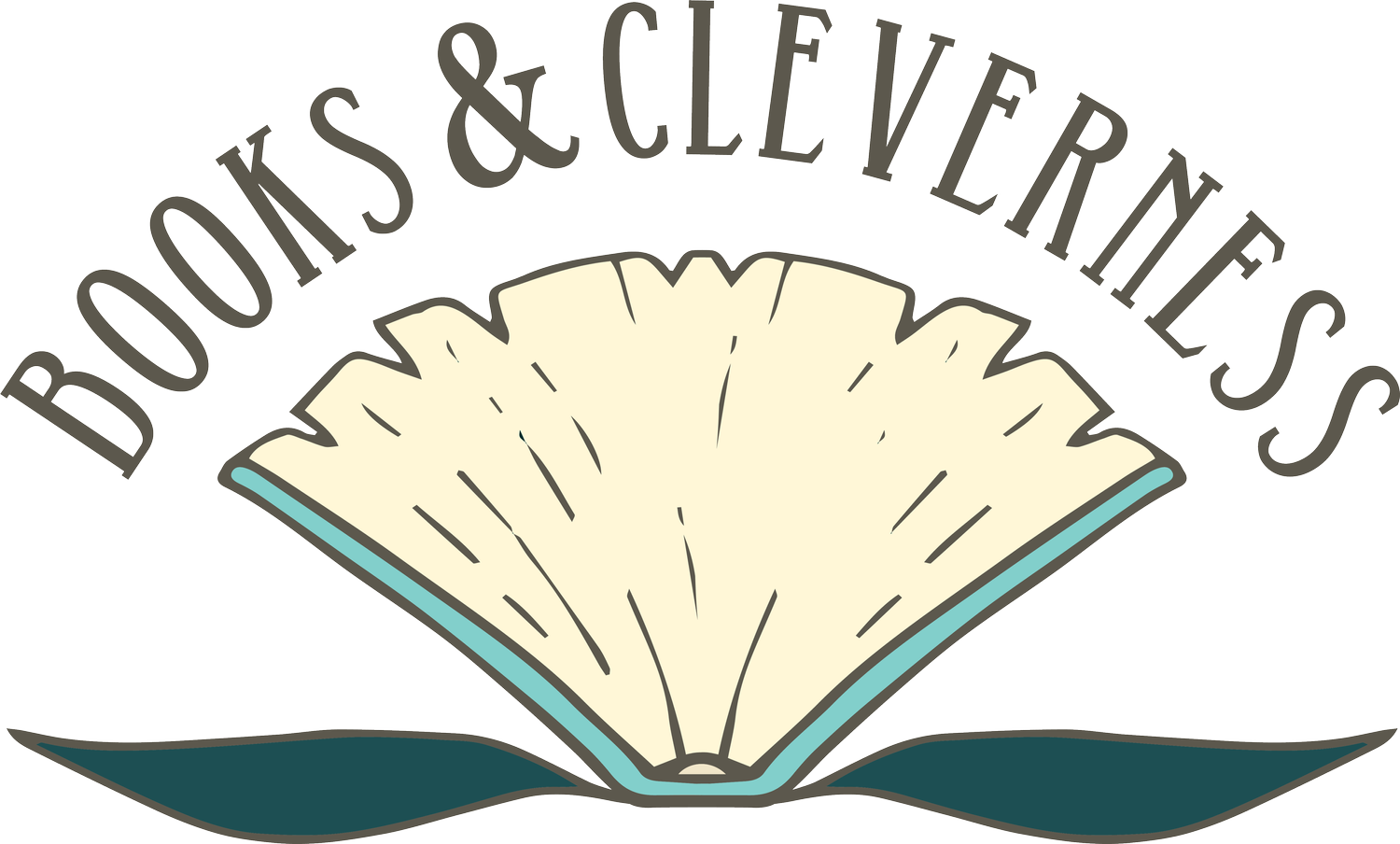Ulysses Review
In January of this year, one of my best friends, Jo, and I decided to embark on a journey to read a book. Not just any book. A book considered to be one of the most difficult to read in the English language. A book that has been burned and banned. Ulysses by James Joyce.
Some might call us pretentious. Some might say we’re gluttons for punishment. Honestly, I’m not opposed to either statement. There’s a certain amount of pretention required to tackle Ulysses, and I always knew it would be an uncomfortable experience.
So began the process: a sort-of-weekly session to cover each section of the book before late August, before Jo’s 30th birthday. At no point do I truly feel I’m qualified to “review” Ulysses. I’m a failed English major dropout without a degree. The most I can say is I worked at a used bookstore for almost 7 years and once won a slam poetry contest. But Ulysses exists to challenge, to vex, to annoy. It’s Joyce’s middle finger.
Still, we met and dissected and discussed and leaned on each others’ insights to make sense of the wandering narrative, obscure allusions, and SO MUCH LATIN. At a certain point, one gets tired of Googling random italics and just ignores them altogether.
Ulysses isn’t the type of book to lend itself to favorite characters or plot points or tropes or any of the other delicious aspects of reading. It’s all about early nineteenth century Ireland’s dependence on alcohol, the existential dread of poverty, the failures of marriages, and the constant shadow of death. It’s esoteric, meandering, vulgar, incomprehensible, insufferable.
It’s also a book that is unabashedly HUMAN. Does Stephen Dedalus spend an entire chapter (Proteus) wandering the beach and philosophizing about the diaphane/adiaphane/internal/external/physical/mental/spiritual? Yes. Does he end the chapter by surreptitiously wiping a booger on a rock he’s resting on? Also yes.
Kinks, flaws, fetishes, fantasies, body functions - I can see why the book was so scandalous for 1922. While there are plenty of books that have since outranked Ulysses in filth and flesh, something about Joyce’s work seems refreshing and unique and distinct.
Joyce’s genius is apparent, though I’m not intellectually capable to fully appreciate it. I have read articles and watched videos by people smart enough to understand the full power of Ulysses, and I tend to take their word for it. Joyce utilizes nearly every technique known: one chapter is a play (full of hallucinations and gender-swapping and prostitutes); another chapter is a history of English writing styles (and it’s utterly horrible and boring).
In conclusion, there is no conclusion. I did it. I read Ulysses, and now I suppose someone gives me a gold star for this achievement. No? Well, the true takeaway is this: I got to read a horrendously dense and difficult book with one of my favorite people, and we have decided to tackle something monumental like Ulysses every year from now on. (Perhaps, we’ll even get matching tattoos inspired by the book.)
